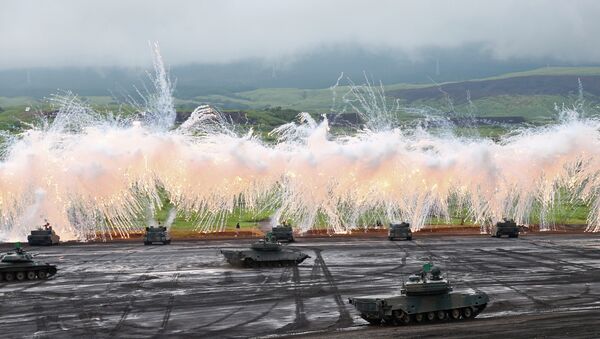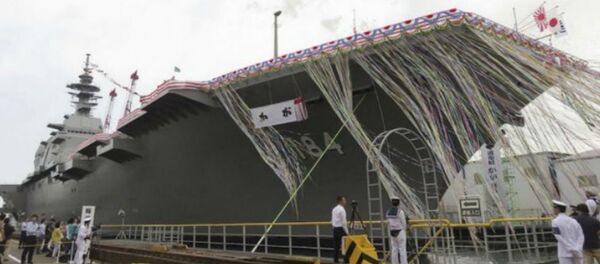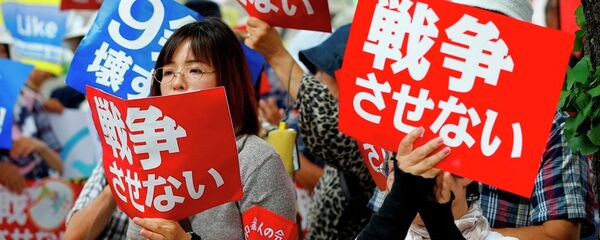Japan and China are currently embroiled in a dispute over the ownership of a chain of uninhabited islands in the East China Sea. Known as Senkaku by Tokyo and Diaoyu by Beijing, the conflict has led to an increase in military spending by the Japanese government.
On Monday, Japan’s Ministry of Defense submitted a budget proposal seeking a 2.2% increase. If approved, that would put the country’s military spending close to $42.38 billion, Japan’s largest in 14 years.
Much of that money would go toward the purchase of new military hardware from US-based defense contractors. A number of AAV7 amphibious assault vehicles would be bought from BAE Systems. Various aircraft are also on the Defense Ministry’s shopping list, including Northrop Grumman’s Global Hawk drones, as well as Boeing’s Osprey transport aircraft.
The budget also makes room for a fleet of Lockheed’s F-35s, the beleaguered jet fighter the Pentagon has spent nearly $400 billion developing. Recent tests show that despite the F-35’s supposedly advanced capabilities, the jet is largely incapable of outperforming older models.
Perhaps even more controversially, the budget proposal states that the money would also go toward the construction of military installations on the disputed islands. Those bases could include mobile missile batteries.
The budget proposal follows a pattern set by Prime Minister Shinzo Abe. His Liberal Democratic Party has been pushing legislation which would allow Japanese troops to conduct operations abroad for the first time since the end of World War II.
This has outraged activists, who worry that the reversal of Japan’s pacifist constitution could lead to war.
"After the war, the Constitution was enacted in which Japan promised to the world that it would never wage war or take up weapons again," 86-year-old WWI survivor Sumiteru Taniguchi told Sputnik. "However, the government is about to bring Japan back to the wartime period."
Japan’s militarization also comes at the behest of the United States. With China’s rising influence, Washington has spread fears about alleged Beijing aggression. In an effort to contain that influence, the US has pushed Japan to take a more active role in the region.
"By cooperating with the US – Abe tries to make Japan a military country," Tatsuya Yoshioka, co-founded of the NGO Peace Boat, told Radio Sputnik.
"This is a totally different situation…It is difficult to say if Shinzo Abe is a puppet of Washington or not, but he definitely behaves as a puppet."
Thousands protested against the foreign policy changes outside of the Japanese parliament building in Tokyo over the weekend.





